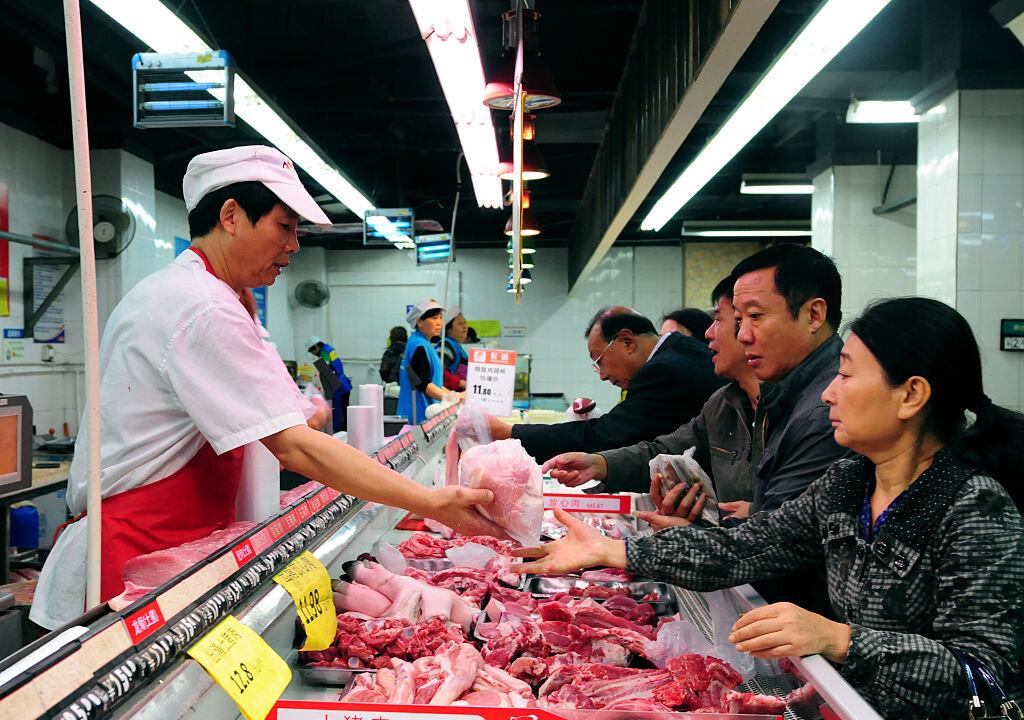Pig farmers in Guangxi and Guangdong provinces in southern China have witnessed firsthand the decimation caused by the spread of African swine fever. But local authorities are denying that the pig deaths are the result of the epidemic.
Meanwhile, some pig dealers are processing the dead animals and profiting from selling the pork to unknowing customers, according to local accounts.





